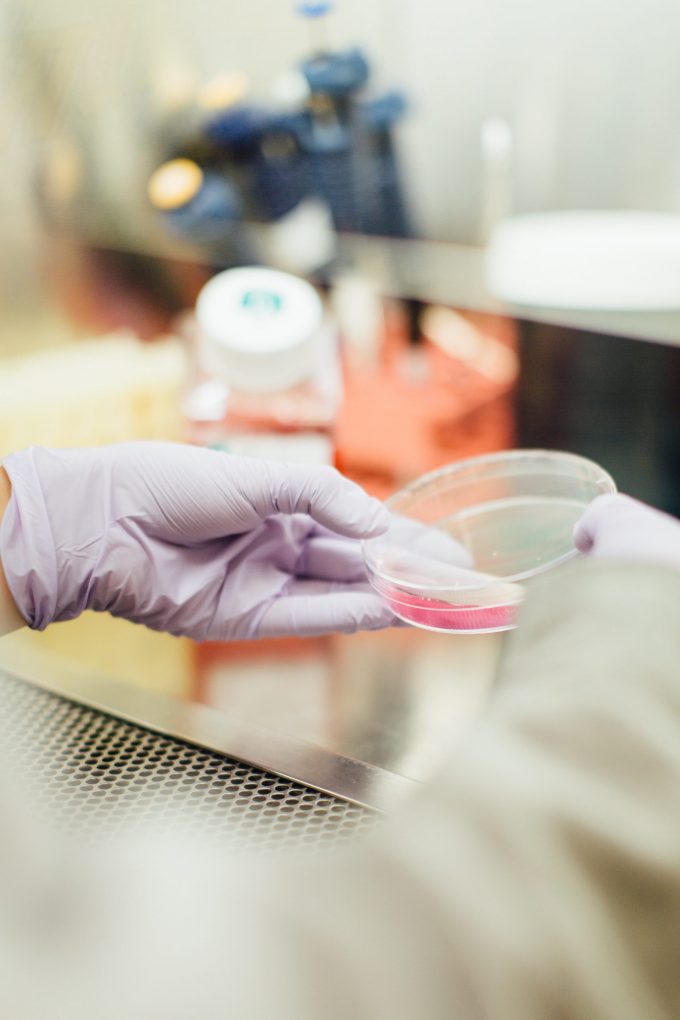
Completion of the Department of Applied Science and Social Practice programme will enable Māori learners to move into a future-focused, scientific career pathway with strong employment outcomes.
Growth in STEM sectors (science, technology, engineering and math) job opportunities is projected to increasingly drive global economic growth, with the UN calculating that by 2025 in Europe alone there will be seven million STEM jobs available.
However, these same projections also indicate however that there will not be enough qualified workers to fill these positions.
Ara, alongside national vocational education body Te Pūkenga and iwi, views the achievement of equitable outcomes for Māori and Pacific peoples in education, employment and income as critically important, and have concrete goals to increase Māori participation in STEM sectors.
To gain a headstart before tertiary study, the Pūhoro program, launched in 2016, is a national response to the lower uptake of STEM subjects by Māori secondary school students, which has ultimately led to fewer Māori working in in science and technology industries across the country. The programme provides students and their whānau with mentoring, tutoring, wānanga (experiential learning/field trips) with the goal of helping learners to navigate towards careers in science and technology-related industries.
Similarly, Āmua Ao, a partnership between the New Zealand Qualifications Authority (NZQA), Callaghan Innovation, and iwi and whānau sponsors, seeks to raise Māori participation rates within STEM industries, and in 2016, 100 Māori students visited Silicon Valley to gain a first-hand perspective on the world’s most concentrated tech centre.
Ara’s own Framework for Māori Achievement has been designed to provide Ara with a commonly-understood roadmap towards improving the performance of the education system in general for Māori. It calls for the integration of kaupapa and mātauranga Māori within all programmes of study at Ara.
Opening up more opportunities for Māori students to take up lab science study is one way in which Ara can work towards the goal of encouraging more Māori into STEM careers, while also providing industry with valuable trained employees.
The Ara GDILT Scholarships will provide a $5,000 fees discount and $1,000 in study support funds to one Māori female and one Māori male learner who are studying full-time.
The Diploma itself, which was designed in collaboration with New Zealand employers, provides learners with the knowledge, practical skills and techniques needed to effectively start work as a laboratory technician. The one-year course also offers learners electives that can lead to professional specialisation, such as microbiology, analytical and environmental chemistry, food microbiology and molecular biology.
A new report from the University of Auckland’s Our Voices Project asks young people what…
The government has opened a tender for new standardised assessment tests, leaving educators shocked and…
Early in her career, Kiri Turketo found inspiration in an unlikely source. In this Principal…
Real stories of dedication, challenges, and triumphs from educators in NZ. Part six comes from…
Is fast furniture impacting your school's environmental footprint? We explore eco-friendly solutions to reduce furniture…
A new report from the New Zealand Initiative argues we need a stronger and clearer…
This website uses cookies.